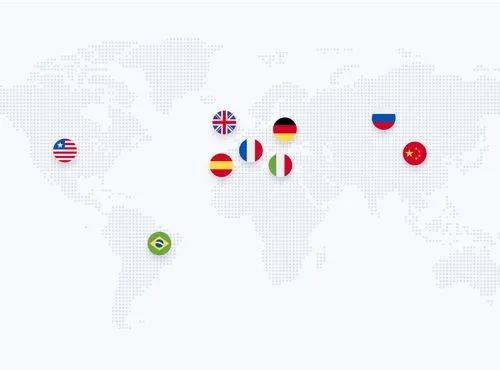Use Cases
22.07.2025
How to Translate YouTube Videos Professionally – and Reach a Global Audience
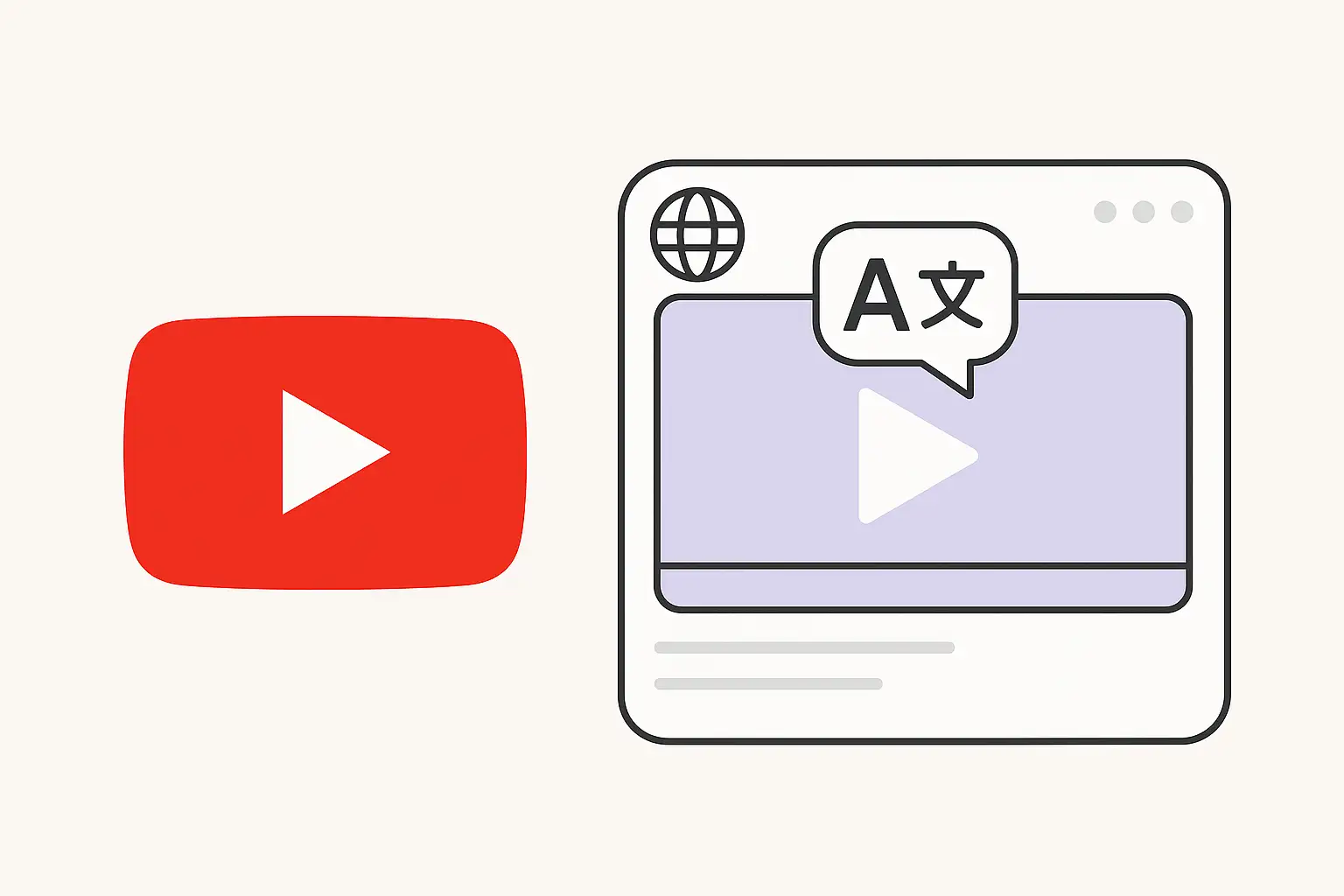
Why Translate Your YouTube Videos?
- Reach viewers who couldn’t understand your content before
- Boost views, engagement, and watch time
- Make complex topics accessible to more people
- Strengthen your international brand image
- Better serve multilingual communities
Whether you're an educator, a software brand, or a creative team – going multilingual makes your channel more inclusive and far more powerful.
Publishing Strategies for Multilingual Content
1. Multi-Language Audio (MLA)
YouTube now allows you to upload multiple audio tracks for a single video.
Users can switch languages directly in the video player.
✅ One video, multiple languages
✅ Views and engagement stay in one place
✅ Clean and scalable for branded channels
With Dubly, you simply export the translated audio as an .mp3 and upload it in the "Languages" section of your YouTube Studio.
Perfect for tutorials, interviews, explainers, and product content.
2. Separate Channels or Playlists per Language
For larger content libraries or region-specific branding, separate language channels or playlists might make sense.
✅ Tailored experience for each audience
✅ Better localization of thumbnails, descriptions, and tags
✅ SEO and community building per market
Often used by agencies, global brands, or content creators managing large-scale multilingual strategies.
Translation Methods – What Are Your Options?
Option 1: Subtitles Only
The simplest form of translation: add translated subtitles to your original video.
Pros:
- Easy to implement
- No voiceover or audio needed
- Useful for quick tutorials or silent content
Cons:
– Less immersive experience – Requires users to read constantly – Lower engagement for high-value or emotional content – Not accessible to people with reading difficulties
Option 2: Traditional Dubbing (Studio, Voice Actors, Editing)
The classic way: translate the script, hire native voice actors, record in a studio, sync, edit.
Pros:
- High-quality, natural voiceovers
- Strong emotional resonance (if done perfectly)
Cons:
– Very expensive (often €150–400 per minute) – Time-consuming (weeks per video) – Difficult to scale for frequent or short-form content – Hard to update if the source video changes
Option 3: AI-Based Translation with Dubly
The modern alternative: use Dubly to automatically translate your video – with natural AI voices, lip sync, and full editing control.
Pros:
- High-quality, human-sounding voices
- 30+ supported languages
- Built-in lip sync for speaker alignment
- Editable translations in-tool
- Custom glossary support for technical accuracy
- Native Speaker Review available
- Audio file export for YouTube MLA
- GDPR-compliant, scalable infrastructure
Cons:
– Extremely expressive or theatrical content may need manual touch-ups

Why Dubly Is the Best Fit for YouTube Translation
Dubly is purpose-built for professional video translation – especially for platforms like YouTube.
✅ Natural AI voices (not robotic)
✅ Lip sync included
✅ Fully editable text
✅ Custom glossaries for brand consistency
✅ Native Speaker Control for critical projects
✅ Audio export for MLA publishing
✅ Fast, scalable, and 100% GDPR-compliant
✅ Real human support via chat and call
Whether you're translating one video per month or hundreds per week, Dubly adapts to your workflow.
What Type of Content Works Best?
Dubly is ideal for:
- Explainer videos & tutorials
- Webinars & presentations
- Product demos & reviews
- Educational & scientific content
- Interviews and testimonials
- Social media clips & Shorts
Less suitable: music videos or abstract visuals without clear speech.
{{cta}}
{{callout}}
Conclusion: Multilingual YouTube Starts with the Right Tool
YouTube gives you the platform. Dubly gives you the power.
With high-quality audio, seamless lip sync, and enterprise-ready features, Dubly helps you bring your videos into every language that matters – naturally and professionally.
Über den Autor

Newest articles
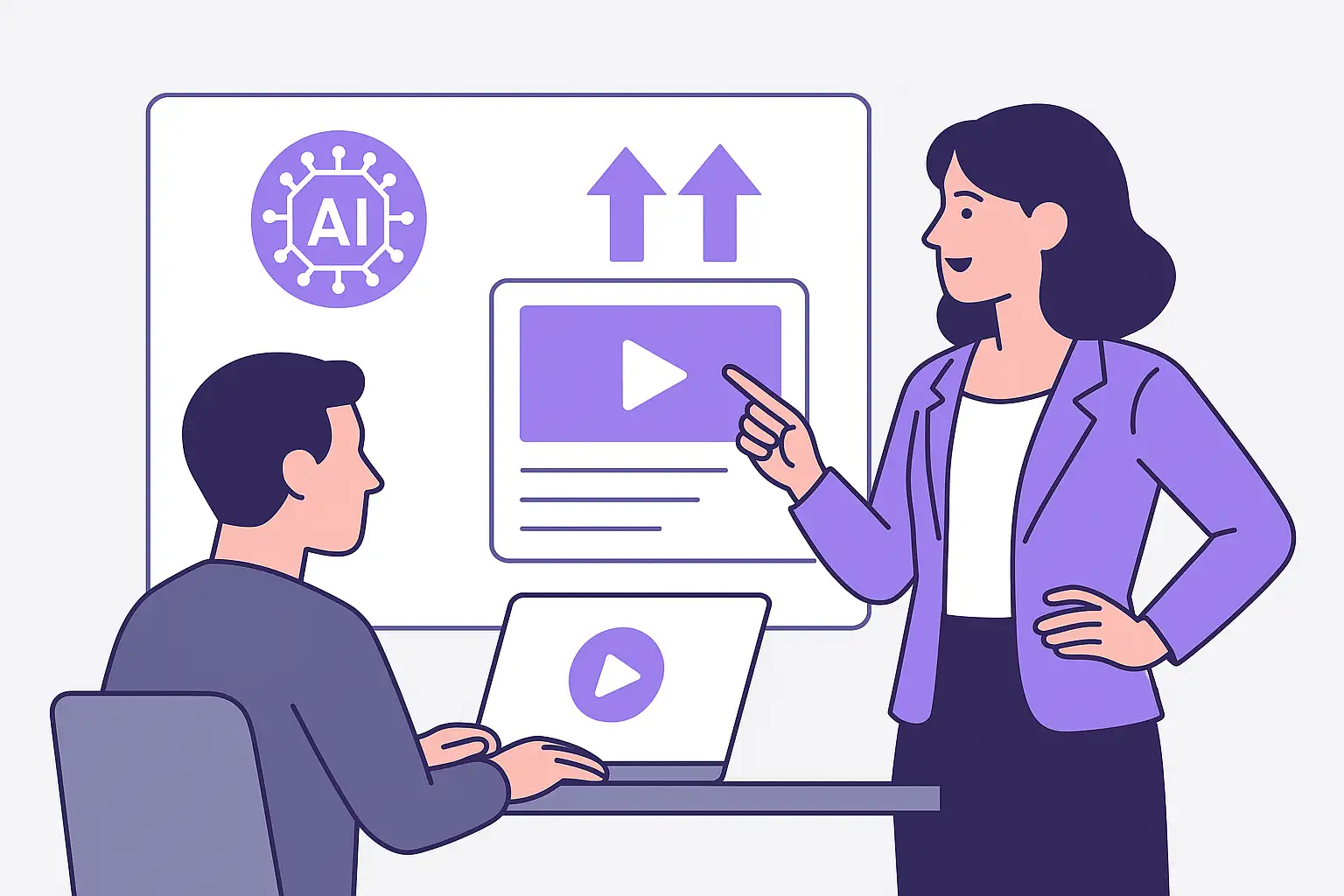
How Translation Agencies Can Scale Their Business with AI Dubbing
Learn how translation and localization agencies can use Dubly’s AI dubbing to streamline workflows, expand their service offering, and boost profitability.

23.07.2025
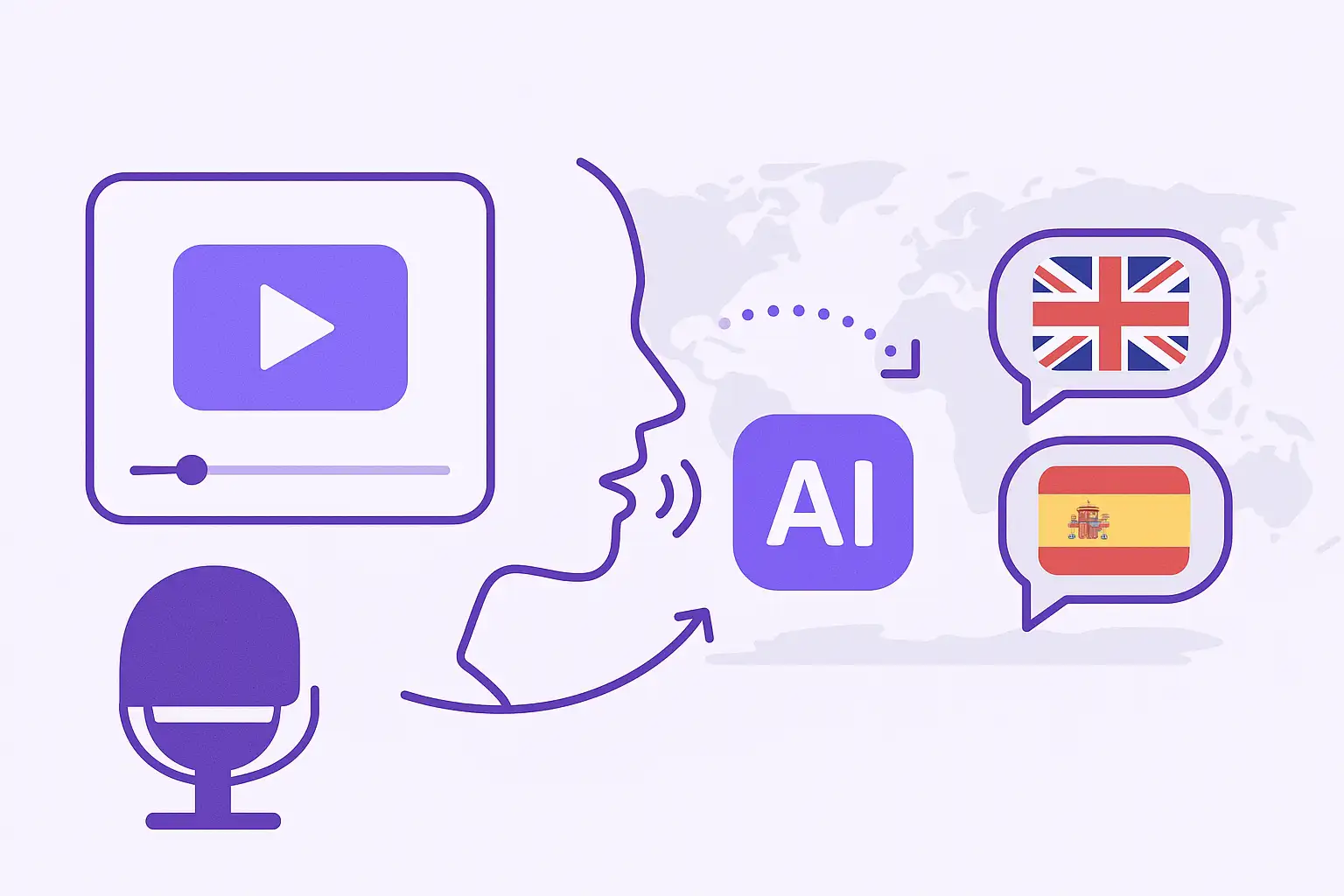
AI Dubbing for Feature Films – What’s Possible and Why You Should Try It
Can AI dubbing work for feature films? Discover what types of films are best suited, where the limits are, and why it’s worth testing — with Dubly as your partner.

23.07.2025
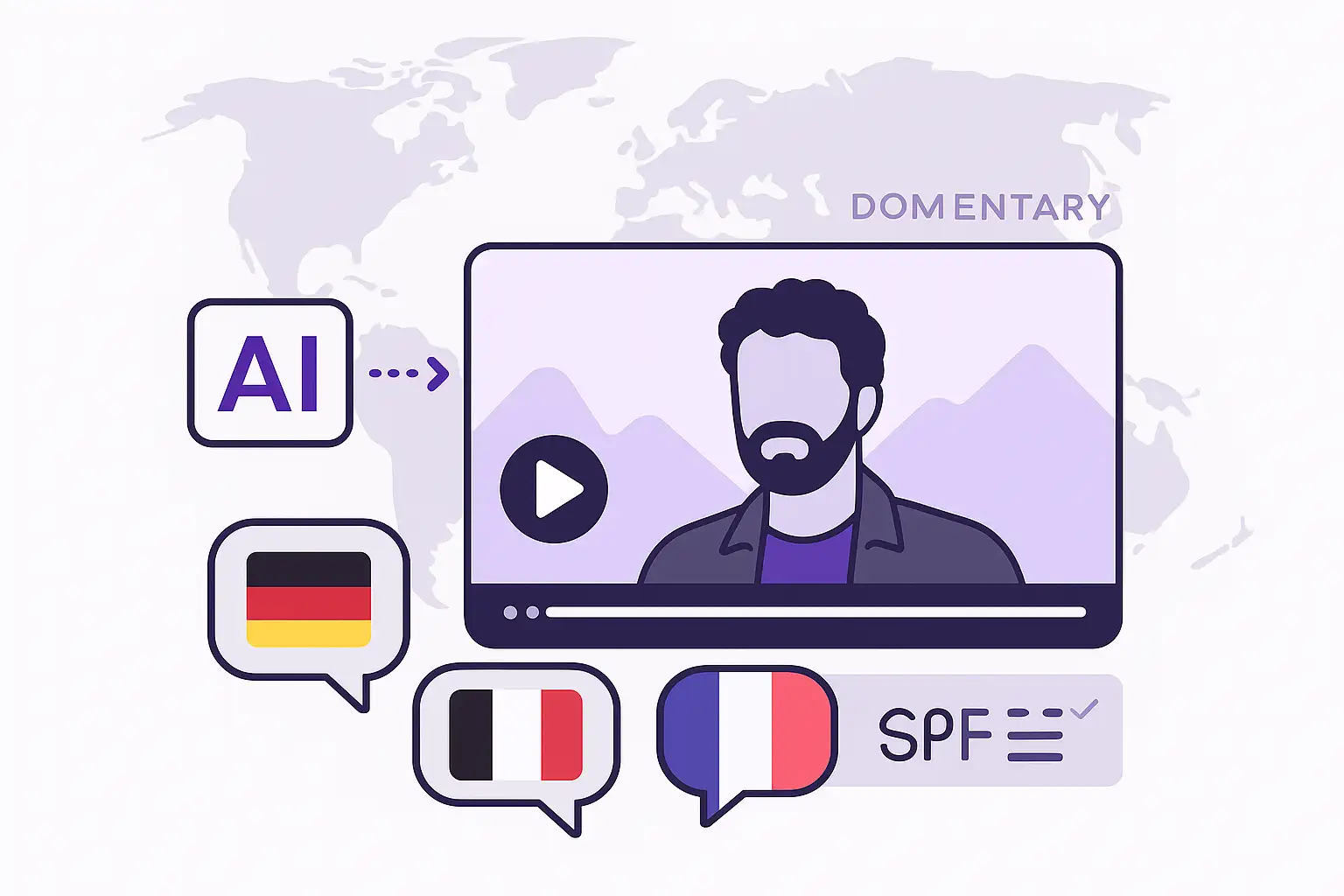
Translating Documentaries with AI – Fast, Accurate, and Scalable
Documentary content deserves a global audience. Discover how Dubly enables professional AI dubbing for documentaries – and why it’s the best solution for educational, scientific, and narrative formats.

22.07.2025
